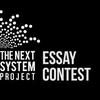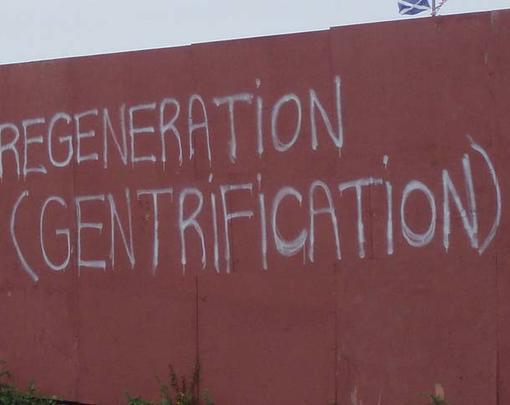If it wasn’t clear before that our political economic system is unable to deliver the outcomes we need around sustainability, equity, and real democracy, it certainly should be now. Our essay competition, currently underway, seeks to highlight the best visions of what a real alternative might look like, no matter how far away that alternative might seem in November of 2016.
We are honored to announce the distinguished panel of judges who will be awarding the three $5,000 first prizes for the best original essays by an undergraduate, a graduate, and a non-student, and the three runner-up prizes of $500:
- Naomi Klein, journalist and author of This Changes Everything: Capitalism Versus The Climate, The Shock Doctrine: The Rise of Disaster Capitalism, and No Logo: Taking Aim at the Brand Bullies
- Raj Patel, Research Professor in the Lyndon B Johnson School of Public Affairs at the University of Texas, Austin, Senior Research Associate at the Unit for the Humanities at the university currently known as Rhodes University (UHURU), South Africa, and author of Stuffed and Starved: The Hidden Battle for the World Food System and The Value of Nothing
- Dayna Cunningham, Executive Director of the Community Innovators Lab (CoLab), a center of research and practice within the MIT Department of Urban Planning
Essays should be between 5,000 and 15,000 words, and should be submitted, along with a brief biographical statement, by December 31, 2016, to essayprize@thenextsystem.org.
We welcome international submissions. Collaborative submissions are also welcome; please supply biographical statements for everyone involved in your submission.




